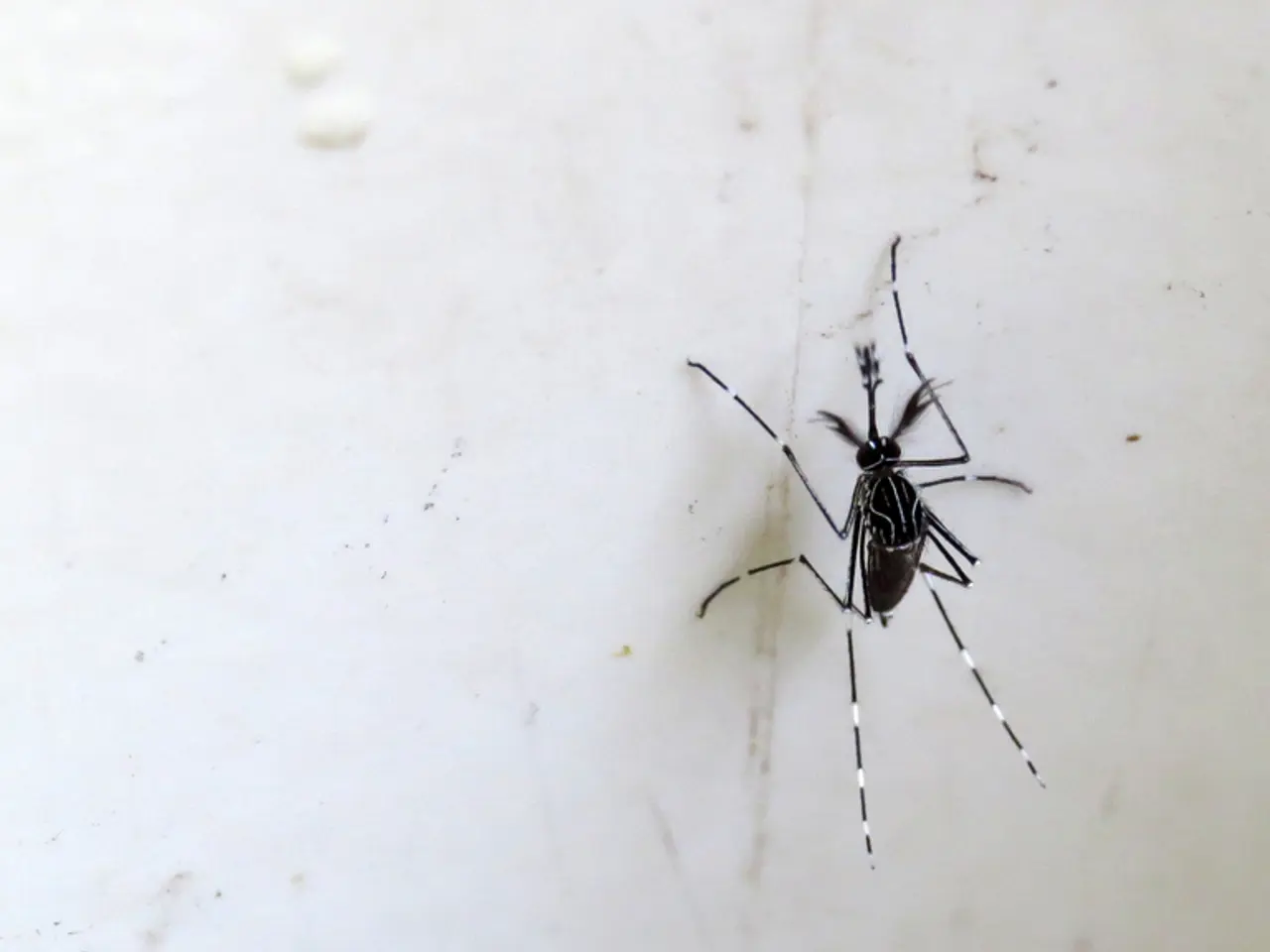Cebu City will employ the 'Wolbachia' technique to lessen dengue occurrences
In a bid to combat the rising number of dengue cases across the country, the Department of Health (DOH) in the Philippines has expressed its willingness to adopt the Wolbachia method. This decision follows ongoing studies in Jakarta, Indonesia, and the proven effectiveness of the method in controlling disease-carrying mosquitoes, particularly in areas with high dengue prevalence.
The World Mosquito Program (WMP), a non-profit organisation, implements the Wolbachia method. This approach has shown significant success in reducing the incidence of dengue in certain regions. For instance, the Kiribati Program, which aims to combat mosquito-borne diseases like dengue, has expanded due to positive community response and potential effectiveness in controlling disease vectors.
However, the direct involvement and assessment by the US Centers for Disease Control and Prevention (CDC) in these specific Wolbachia programs are not explicitly detailed in the available information. The CDC, nonetheless, supports various methods for controlling mosquito-borne diseases.
While the Wolbachia method holds promise, there are challenges and considerations. Ensuring the Wolbachia-infected mosquitoes establish themselves in wild populations and spread effectively is crucial. Factors like environmental conditions and existing mosquito populations can affect the success of these projects. Continuous monitoring is necessary to assess the long-term impact and sustainability of these programs in controlling disease outbreaks.
The WMP's methodologies will align with existing local and national policies. City Councilor Michelle Abella-Cellona has sponsored a resolution urging the Mayor to create a Technical Working Group (TWG) for the pilot of the Wolbachia method in Cebu City. The proposed TWG will include representatives from the Office of the Mayor, the City Council's Committee on Health, the Department of Health (both national and regional offices), the Cebu City Health Department, and the World Mosquito Program (WMP).
The Wolbachia method involves introducing a common bacterium called Wolbachia into Aedes aegypti mosquitoes, which are known to transmit dengue, chikungunya, and Zika virus. When mosquitoes carry Wolbachia, they are less able to spread these viruses to humans. The City Health Office has expressed its willingness to support this method of the World Mosquito Program.
The Cebu City Government's adoption of the Wolbachia method is a response to the significant increase in dengue cases. Central Visayas reported 5,880 dengue cases with 10 deaths from January to June 14, 2025, marking a five percent increase compared to the same period last year. Cebu province recorded the highest number of dengue cases in the region, with 2,936.
The DOH aims for zero dengue-related deaths by 2030. The World Health Organization Vector Control Advisory Group recognised the public health value of this method in December 2020. The WMP has successfully deployed the Wolbachia method in other countries with high dengue prevalence, demonstrating its effectiveness.
The US Centers for Disease Control and Prevention have also observed a notable reduction in Aedes aegypti mosquitoes in some communities using this approach. The TWG will develop a comprehensive implementation plan within 60 days of its formation. The WMP has shown interest in piloting the method in Cebu City and has secured significant funding for the local initiative.
The Cebu City Government, in response to the surging dengue cases, is contemplating the adoption of the Wolbachia method, as suggested by City Councilor Michelle Abella-Cellona. This method, which involves introducing the bacterium Wolbachia into Aedes aegypti mosquitoes for disease control, has shown promising health benefits, being recognized by the World Health Organization and demonstrated in other health-and-wellness regions globally. The World Mosquito Program, a key player in this approach, plans to pilot the Wolbachia method in Cebu City, with the support of the Department of Health and the City Health Office.




